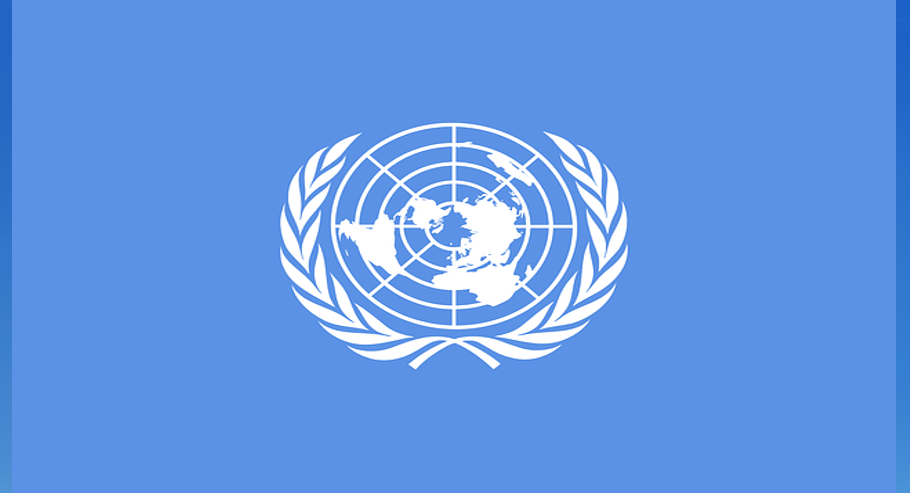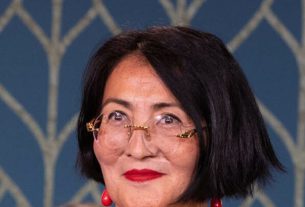Geneva, 30 September 2025 — A group of United Nations human rights experts has called on Belarus to lift severe restrictions that prevent women convicted on extremism charges from maintaining meaningful contact with their children.
Currently, mothers in detention under such charges are barred from in-person visits and phone calls, with correspondence permitted only once every two to three months. Experts warned that these measures are disproportionate, violate international human rights obligations, and risk causing serious psychological harm to children.
In a joint statement, the experts urged Belarus to “immediately allow for regular, including in-person communication between mothers deprived of liberty and their children, taking into account the best interests of the child.”
International Standards and Legal Obligations
The restrictions contravene Article 12 of the Universal Declaration of Human Rights, which prohibits arbitrary interference with family life, and the Convention on the Rights of the Child, which requires states to ensure children are not separated from their parents against their will except when necessary for their welfare.
The experts also cited the Bangkok Rules — UN guidelines on the treatment of women prisoners — which call for safeguarding mother-child contact, including through home leave or non-custodial alternatives for mothers with dependent children.
Belarus Under Scrutiny
Belarus has faced repeated criticism from UN watchdogs over its counter-terrorism and anti-extremism laws, which rights groups argue are incompatible with international standards. Previous opinions from the Working Group on Arbitrary Detention (Opinions 54/2024 and 64/2023) highlighted systemic due process concerns and the misuse of extremism charges to silence dissent.
The UN experts stressed that Belarus must urgently align its practices with international law, ensuring that family unity and the best interests of children are prioritised even in cases involving women deprived of liberty.
Sources: JURIST OHCHR Devdiscourse
Excerpts from jurist.org article by Paola Koçi | U. Tirana Faculty of Law, AL


